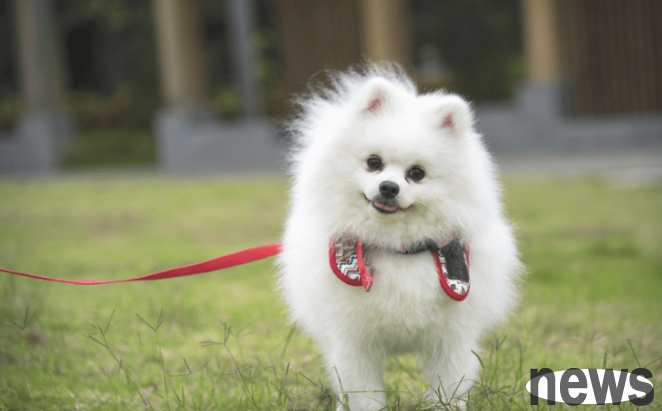First, let's take a look at the early symptoms of calcium deficiency in dogs. Commonly common appetite loss, indigestion, and trasty. Over time, the dog's forelimb bones will bend to O or X, which is a manifestation of calcium deficiency. Therefore, joint pain in dogs should be caused by rheumatism.

If the dog suffers from articular rheumatism, lameness, metastasis, forced operation, difficulty in lying up during exercise, especially in the morning, muscles and joints swelling, pain and dysfunction, swelling of the surrounding lymph nodes, etc. This disease is usually sudden and easily recurs.
How to avoid:
Moderate exercise: Keep exercise moderately since childhood, but not too severe, causing the risk of joint damage.
Balanced Nutrition: If you have a big dog, you must eat puppy food suitable for big dogs when you are a child, because it is more suitable for their bones and joint growth.

Keep body shape: A fat body will put more pressure on the joints, so a normal or thin body is better for the joints.
Joint Nutrition: If a dog has previously had joint damage or signs of arthritis, you can use nutrients that are beneficial to the joints. You can also give dogs bone beef ingots to enhance dog bone development and effectively avoid dog joint problems.